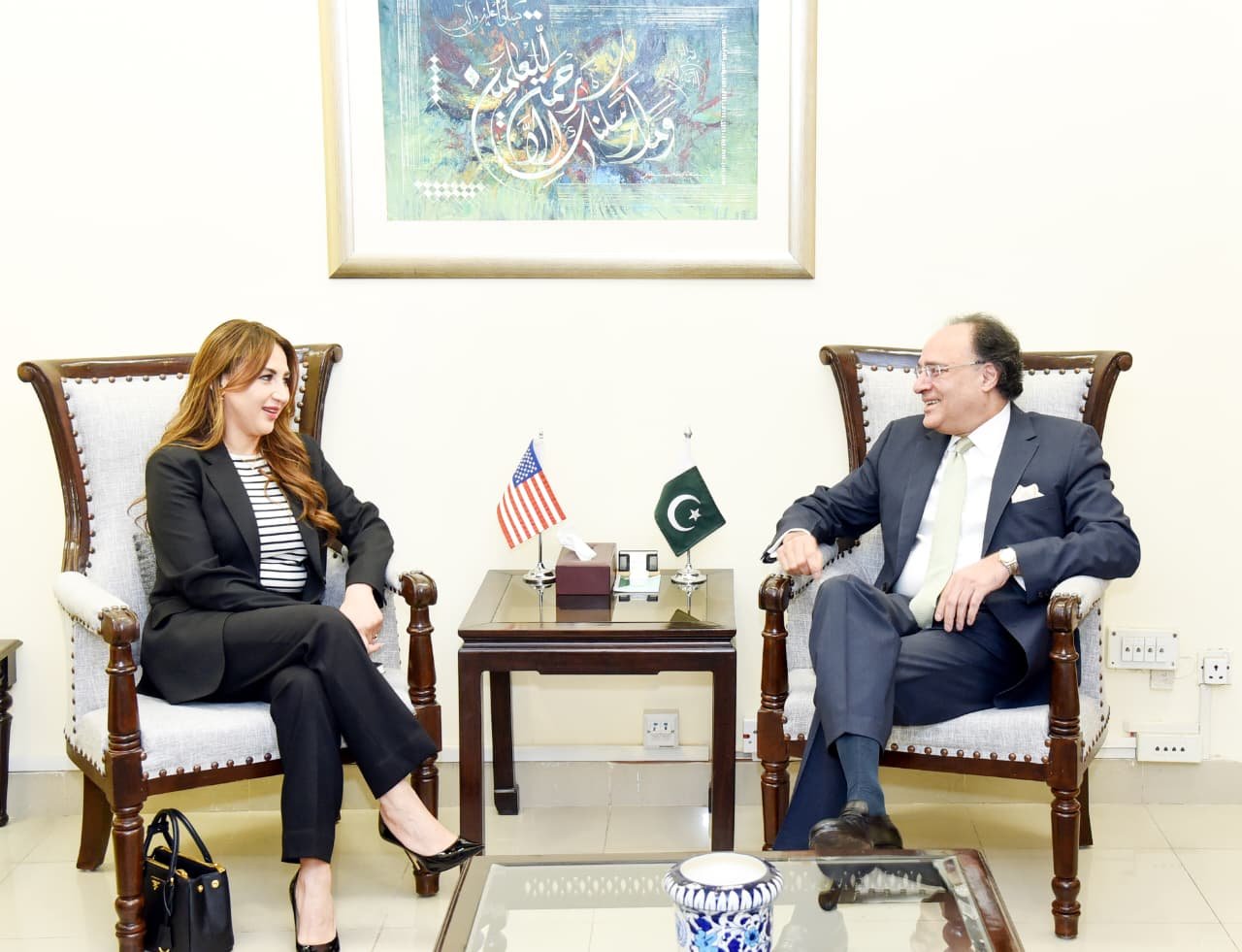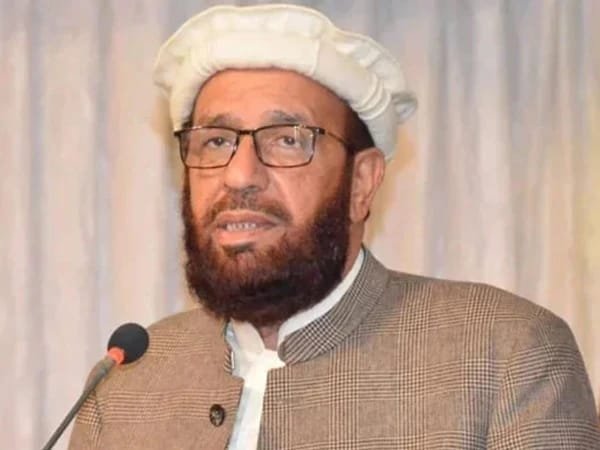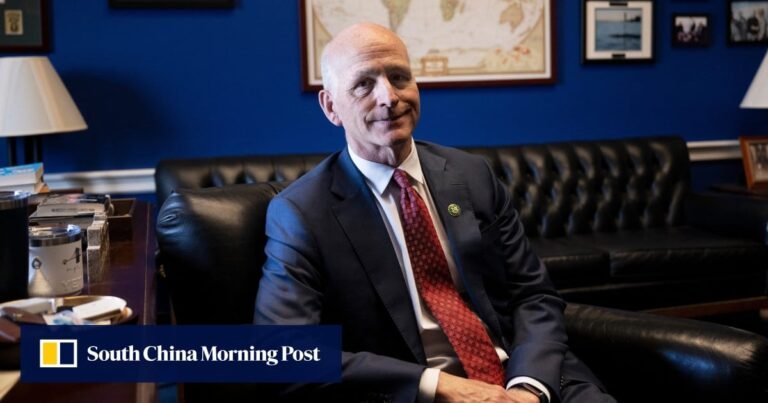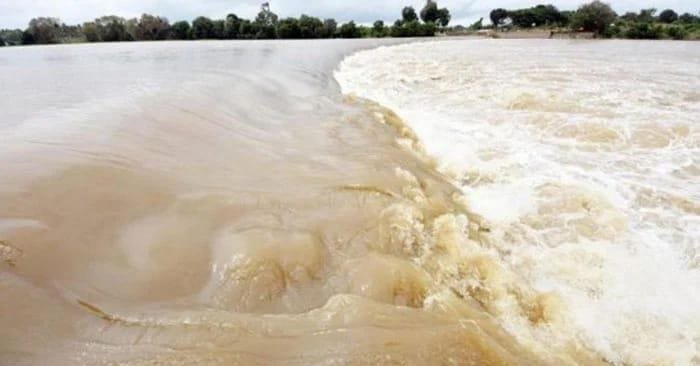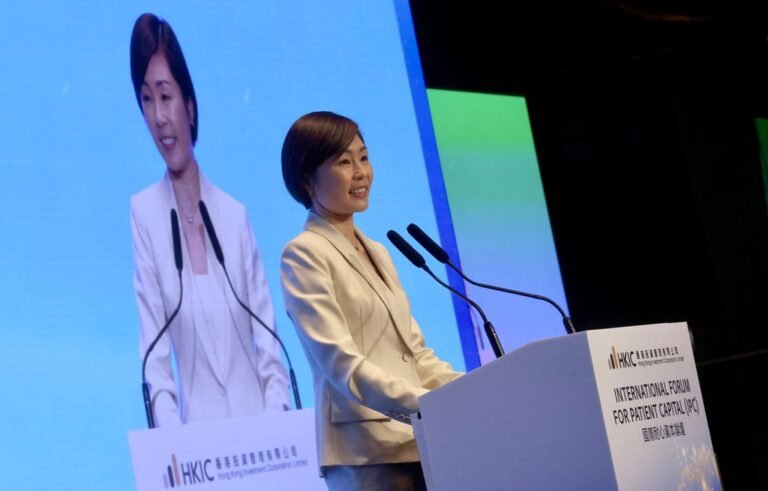Pakistan, United States Pledge to Expand Trade and Investment Ties
ISLAMABAD —M.saleem jutt Pakistan and the United States have reaffirmed their commitment to deepening trade and investment cooperation, following a meeting between U.S. Chargé d’Affaires Natalie Baker and Pakistan’s Federal Minister for Finance and Revenue, Senator Muhammad Aurangzeb, at the Finance Division. Discussions focused on boosting bilateral trade, expanding U.S. investment in Pakistan, and enhancing…
ISLAMABAD —M.saleem jutt Pakistan and the United States have reaffirmed their commitment to deepening trade and investment cooperation, following a meeting between U.S. Chargé d’Affaires Natalie Baker and Pakistan’s Federal Minister for Finance and Revenue, Senator Muhammad Aurangzeb, at the Finance Division.
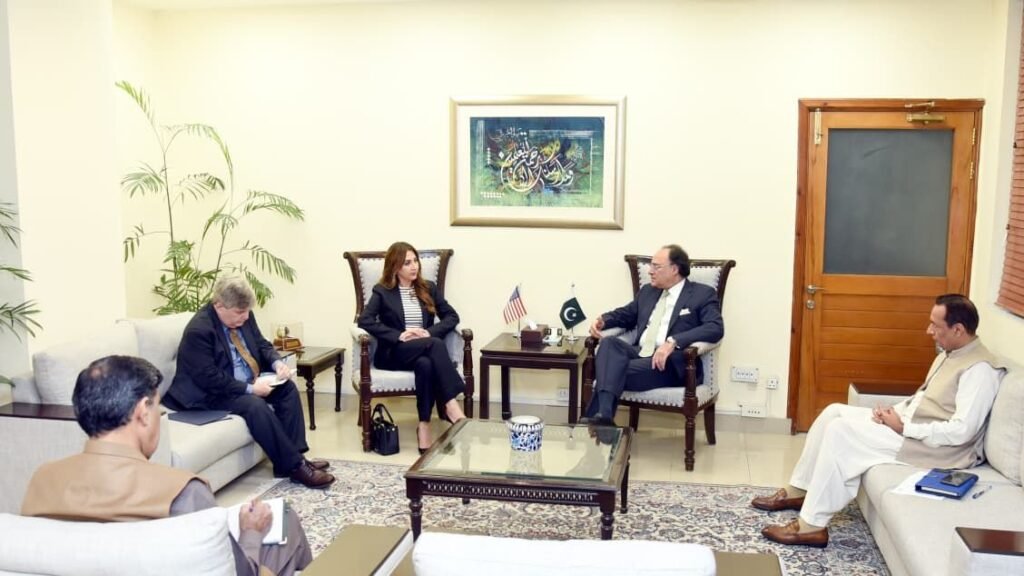
Discussions focused on boosting bilateral trade, expanding U.S. investment in Pakistan, and enhancing collaboration in key sectors. Minister Aurangzeb highlighted Pakistan’s recent economic turnaround, citing Moody’s credit rating upgrade — now aligned with all three major international rating agencies — as evidence of the success of structural reforms. He underscored the government’s bold tariff reforms aimed at liberalizing trade and driving export-led growth.
The finance minister thanked the U.S. for its sustained economic and development support, recalling his recent visit to Washington, D.C., where he held talks with U.S. Secretary of Commerce Howard Lutnick and U.S. Trade Representative Ambassador Jamieson Greer to finalize a bilateral trade agreement.
Aurangzeb expressed confidence that the agreement would open new opportunities in energy, mining, IT, cryptocurrency, and other sectors, while attracting foreign investment and improving market access. He emphasized Pakistan’s readiness for tangible progress in infrastructure, digital economy, and resource development projects.
Ms. Baker described the pending trade agreement as a “significant opportunity” to expand bilateral economic ties, noting strong interest among U.S. companies in sectors such as supply chain, project management, energy, critical minerals, and oil exploration.
Both sides agreed to accelerate work on these initiatives, aiming for mutually beneficial results and a stronger, more diversified economic partnership.

